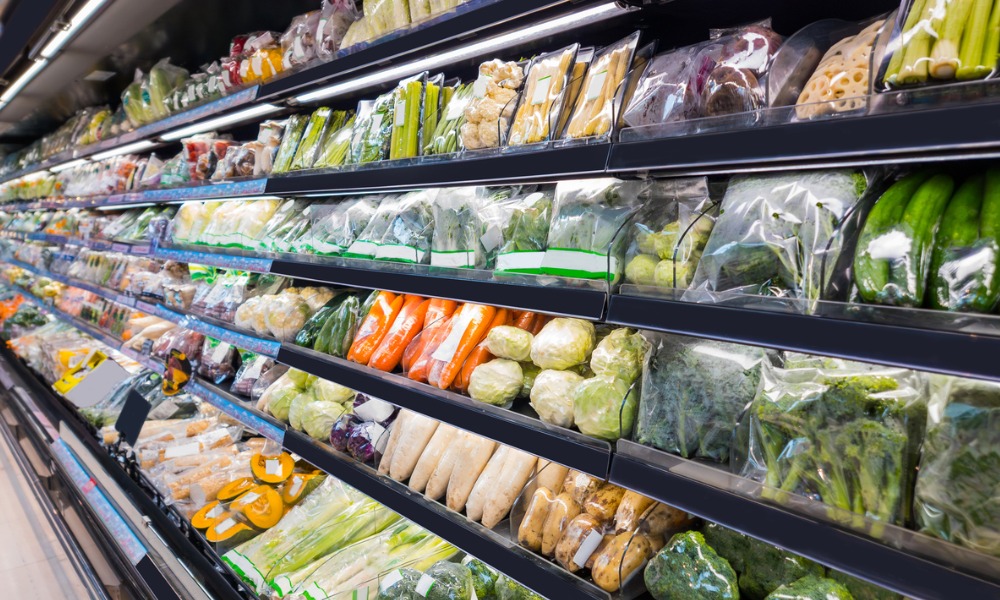
Contemplated combination may substantially lessen competition, NZ Commerce Commission finds

The Commerce Commission has refused to clear a proposed merger between Foodstuffs North Island Limited and Foodstuffs South Island Limited on the basis that it might have the effect of substantially lessening competition in multiple acquisition and retail markets.
The two entities seeking to merge into a single national grocery entity shared three retail grocery banners – PAK’nSAVE, New World, and Four Square – but operated as distinct co-operatives focusing on serving their island location.
The two entities independently acquired most grocery products – apart from private label products, which were procured together – from suppliers. Suppliers interested in getting their products on the shelves could choose between either of them.
The Commission had to decide if the combination of these entities would substantially lessen competition. If it found that the transaction would not do so, the Commission could clear them to push through with their merger.
In reaching its decision, the Commission considered the possible impacts of the proposed merger on competition within the acquisition, wholesale, and retail markets. The Commission also weighed the possible risk of coordination between the merged entity and Woolworths, a supermarket chain.
The Commission concluded that the proposed merger could potentially:
John Small, chair of the Commerce Commission, explained the Commission’s findings in a media release. According to Small, the Commission found that the merger would equip both entities with more buying power than either would have on its own.
The merged entity, which would be New Zealand’s biggest acquirer of grocery products, could potentially extract lower prices from suppliers and otherwise negatively affect suppliers in the relevant markets, the Commission found.
Small also shared in the media release that the Commission was “concerned that the reduction in the number of major grocery retailers from three to two and the creation of a national Foodstuffs entity could make price coordination between the merged entity and Woolworths more likely, complete or sustainable.”